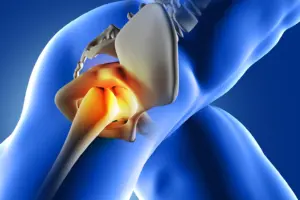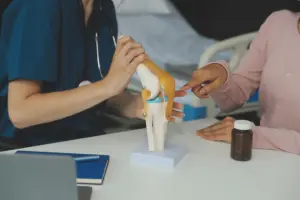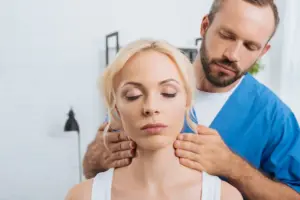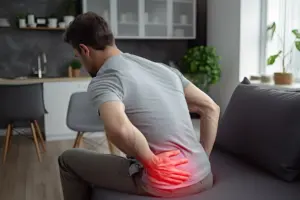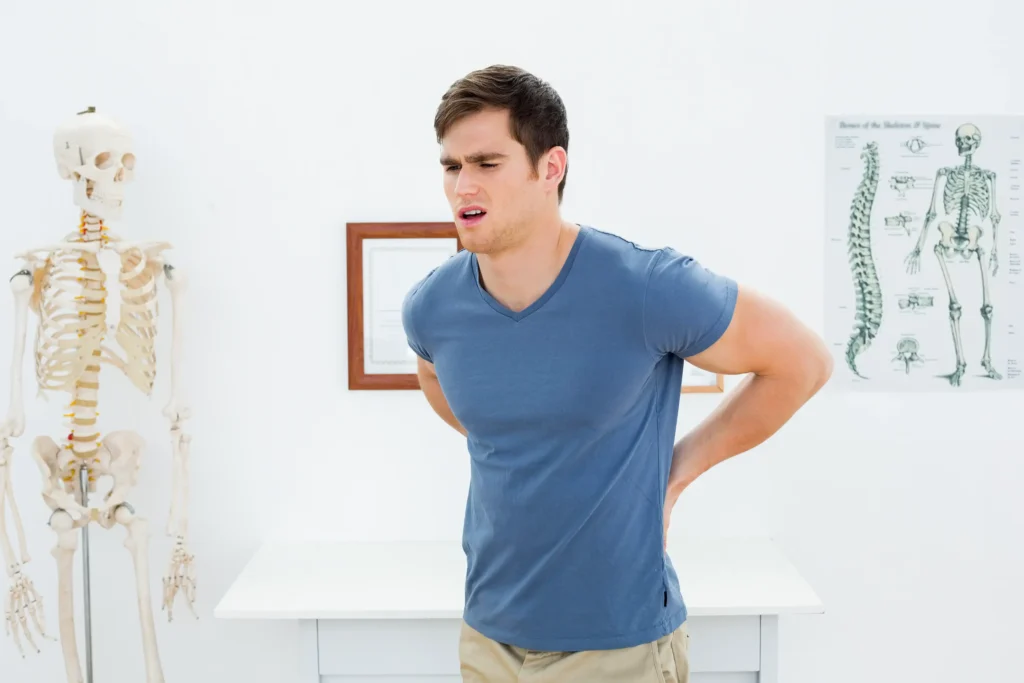
Have you ever thought about your bones? Most people only consider their bone health when something goes wrong, such as experiencing a broken bone or nagging back pain. Your bones need regular care. What’s more concerning? Poor bone health can sneak up without obvious signs. Let’s talk in simple terms about the early signs of weak bones.
Why is bone health so important?
Bones are your body’s framework. They hold you or protect your organs and store important minerals like calcium. But as you start ageing, your bones can lose strength and density, leading to conditions like osteopenia and osteoporosis. Many people don’t realise their bones are weakening until it’s too late. That’s why spotting early signs of poor bone health is very important.
Frequent fractures or breaks from minor injuries: Let’s say you trip and fall gently, and suddenly your wrist or hip is broken. Bones are meant to withstand small falls and bumps. If they break easily, it might mean they are already fragile from bone loss.
Also Read | Older Americans facing sharp rise in fatal falls: CDC report
Loss of height: Have you noticed your clothes fitting differently? Or maybe someone told you you look shorter? As you age, you may lose height due to compressed or collapsed vertebrae from weakened bones, not just posture. A small loss of height with time is common, but shrinking more than an inch or two can be a serious warning sign.
Back or neck pain: Persistent or sudden back pain isn’t always due to ageing or a minor muscle strain. Sometimes, it signals weakened spinal bones—where thinning vertebrae begin to compress and put pressure on surrounding nerves. If your pain feels sharp, deep, or worsens with movement, it could be your bones warning you. Don’t ignore it; get evaluated early.
Weak or brittle nails: Your fingernails and toenails can say a lot about your health, including your bones. Nails that chip, peel, or break easily may indicate low calcium levels or poor nutrition, both of which can affect your bones.
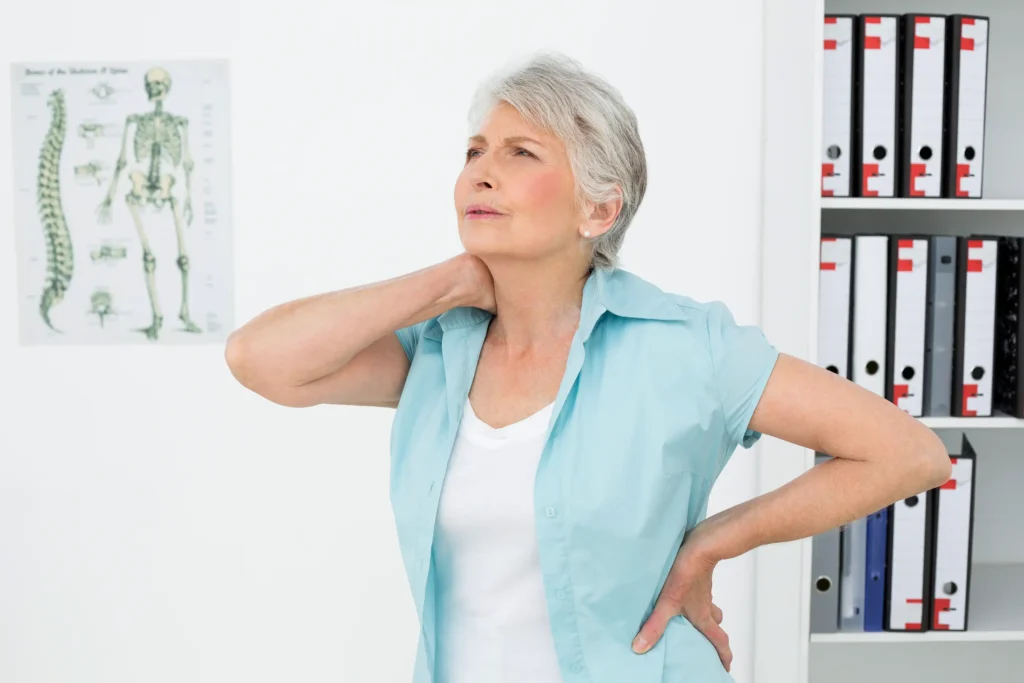
Muscle weakness and fatigue: Whether you believe it or not, your bones and muscles are a team. When your bones are weak, your muscles often feel the strain. You might notice difficulty climbing stairs or struggling to lift groceries. Such symptoms can mean your skeleton is not supporting your movements like it used to.
Also Read | One in five Indians suffer from Vitamin D deficiency: Study
What can you do if you notice these signs?
Consider having a bone density test to assess your bone strength. If you’re over 50, especially with any symptoms or family history, talk to your doctor about it. Fill your plate with dairy products, leafy greens, nuts and seeds, and fortified foods. Sunlight is your best source. Try getting 10 to 15 minutes of sunlight every day. Bones get stronger when you use them; try walking, climbing stairs, or weight training.
Above all, you need to know that your bones are your body’s silent supporters. They don’t complain until it’s serious, so you need to listen carefully to the quiet signals they send. If you notice signs like back pain or shorter height, brittle nails, or a family history of weak bones, it’s time for you to take some action.




